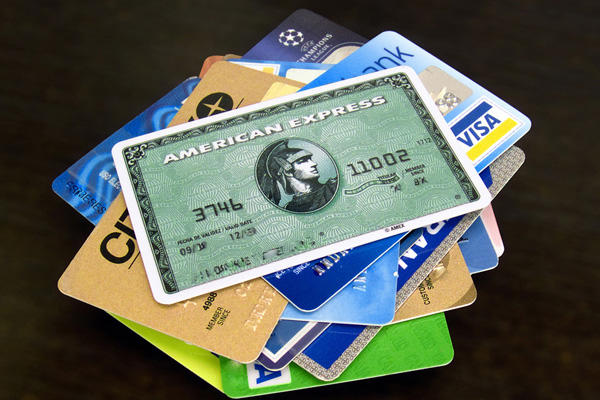With the season of spring and the PCS/moving season upon us, it's time to think about "spring cleaning" and how to organize your life better. Once you're more organized, you'll be so grateful you took the time to do it because it will make your life easier.
And that's especially true when it comes to your financial life because, after all, your finances are what make everything else possible. If you don't have full control of your finances, that will make it harder to accomplish all your other goals.
But don't worry, this post is going to explain the 3 ways you can clean up your finances right now.
1. Organize Your Papers
You can't be a good CEO of your household unless you understand your financial big picture, and you can't do that without having your papers in order. For example, I used to put all my bills in a pile on my desk that would get bigger and bigger and bigger until I finally got around to dealing with it. I've now learned to avoid that kind of stress by creating a filing system so that each type of bill (auto insurance, cell phone, internet, etc.) has its own folder.
More importantly, I now try to set up online bill payments for as many of my bills as possible. This makes it more convenient to quickly log in and pay bills rather than procrastinate about sending in the payment via mail. Whatever system works best for you is fine - as long as you have a process that makes things easier and not harder on yourself.
The reason it's so important to organize your bill payments is that aside from giving you peace of mind it also can save you money and play a big role in protecting your credit score. After all, missing a payment or paying late can significantly damage your credit and result in late fees. By being organized you can avoid any future penalties. For more on this topic, take a look at our blog post on How to Pay Credit Card Bills Online.
2. Optimize Your Interest Rates
Why are interest rates a part of organizing your finances? Because at any given time you may be losing money if your interest rates are higher than necessary. Here's how to make sure they're not: first write down all your loans, credit cards, and debts of any kind, along with their respective interest rates. Then start checking around to see if you can find lower interest rates.
Start by calling your credit card company(s) and politely asking for a lower interest rate. You'd be surprised that sometimes they will actually lower your rate - especially if you have made your monthly payments on time and have a solid credit history. Another option is to consider a consolidation loan or balance transfer to a card with a lower interest rate. However, be sure to read the fine print before agreeing to any consolidation or balance transfer offer since some have hidden fees and charges.
Also be sure to do whatever you can to pay off your debt. One of the most powerful things you can do to help your finances is get rid of the debt so you can keep all the money you earn.
3. Make Spending and Savings Goals
Finally, take a few minutes to write down some spending and savings goals. If you don't already have a monthly budget that you're sticking to, you may want to take this time to create a simple budget (aka a spending plan) that will help you manage your spending (and your family's spending) to ensure you have enough left over at the end of the month to achieve yoru long term goals.
That also means you should clarify your long-term savings goals. Are you saving up for a new car? For retirement? Maybe for buying a new house? Or to put your kids through college? Whatever your goals are, it's a good idea to plan them out and decide how much you are going to save each month in order to get closer to your goals. And if you need a little extra income to help you get there, you can try to make extra money from home.
As the weather warms up and we move toward summer, don't miss this opportunity for a little financial spring cleaning - you won't regret it!













